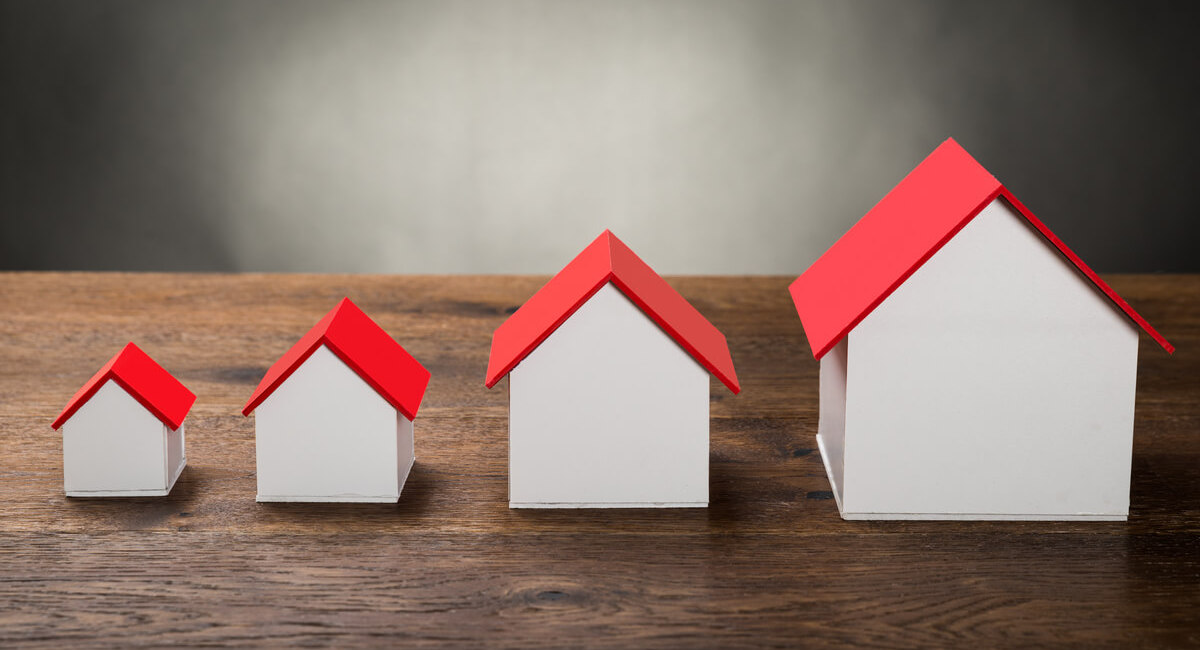Resale value is a key consideration for many home buyers. Whether you plan to sell your house in three years or 30 years, you want to be sure you’ll get a return on your investment. While most houses will appreciate over time, some will rise in value much faster than others. Here are nine factors that can help you evaluate the resale value of a property before you make an offer:

1. Location
Location will always be the most important factor when determining the value and resale value of a home. While you can make improvements and upgrades to your own property, you can’t change where it’s located. Buying a home in a great neighborhood ensures that you will make a return on your investment.
Homes in safe, quiet neighborhoods tend to have good resale value, especially when they’re close to amenities like schools, parks, and public transportation. On the other hand, houses that are close to busy roads, airports, and ugly industrial buildings can be harder to sell.
Purchasing your home in an up-and-coming neighborhood is a great way to ensure you can sell it for a profit in a few years. Look for neighborhoods with lots of young people moving in, new businesses opening, and properties being flipped.

2. Schools
Even if you don’t have children, you may want to consider the school district when purchasing property. Families always want to buy homes in good school districts. Fortunately, school systems tend to stay consistent. If the school district is strong today, it will probably still perform well in 10 years.
You can research ratings online at places like GreatSchools.org to determine the quality of a school system. Information such as test scores, student-teacher ratios, and graduation rates should all be readily available. However, be sure to confirm that the home you’re looking at is actually within the school district boundaries as listings can sometimes be misleading.
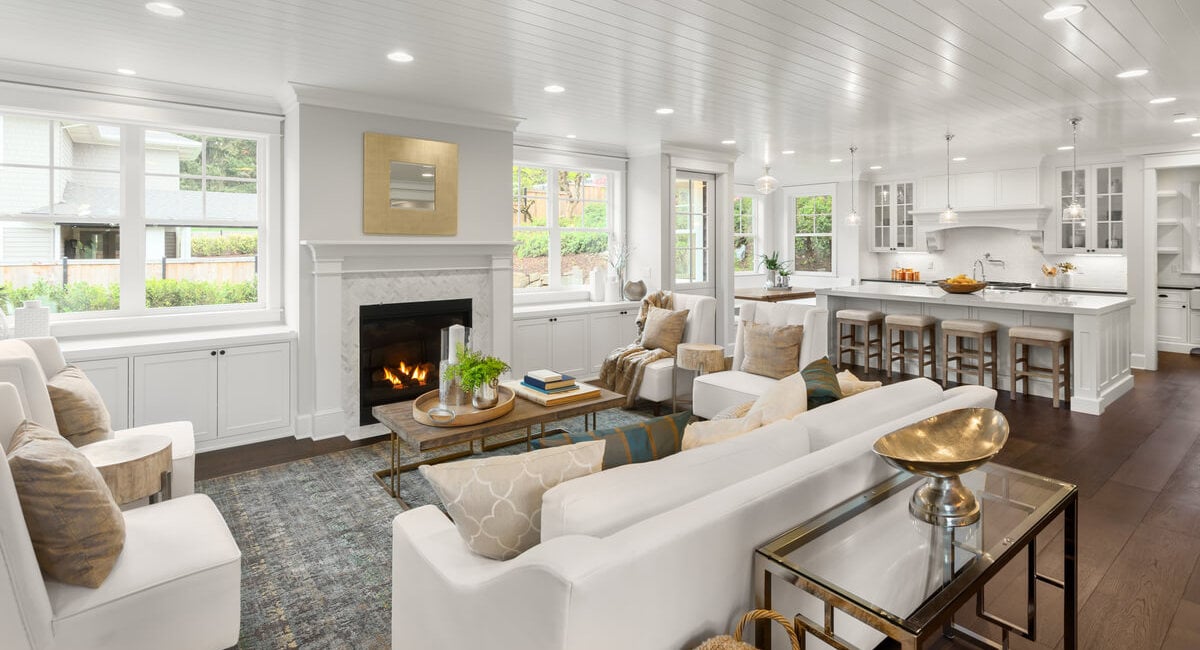
3. Floor Plan
The layout of a house can make a big difference in its resale value. While you might love living in a quirky and unusual home, not all buyers feel the same. Generally, homes with intuitive and practical floor plans will sell faster and for higher prices.
One-story homes usually have good resale value because they appeal to a wide portion of the population. Many older adults seek out one-story homes due to safety and mobility concerns. Families with young children also love one-story homes because they want all the bedrooms to be on the same floor.
Houses with three bedrooms are more appealing to most buyers than houses with two bedrooms. In most cases, having two bathrooms will greatly improve a property’s resale value compared to having one bathroom. In recent years, open-concept homes have had better resale value than closed-concept properties. However, closed-concept may be coming back in style, so you should keep an eye on the trends in your area.
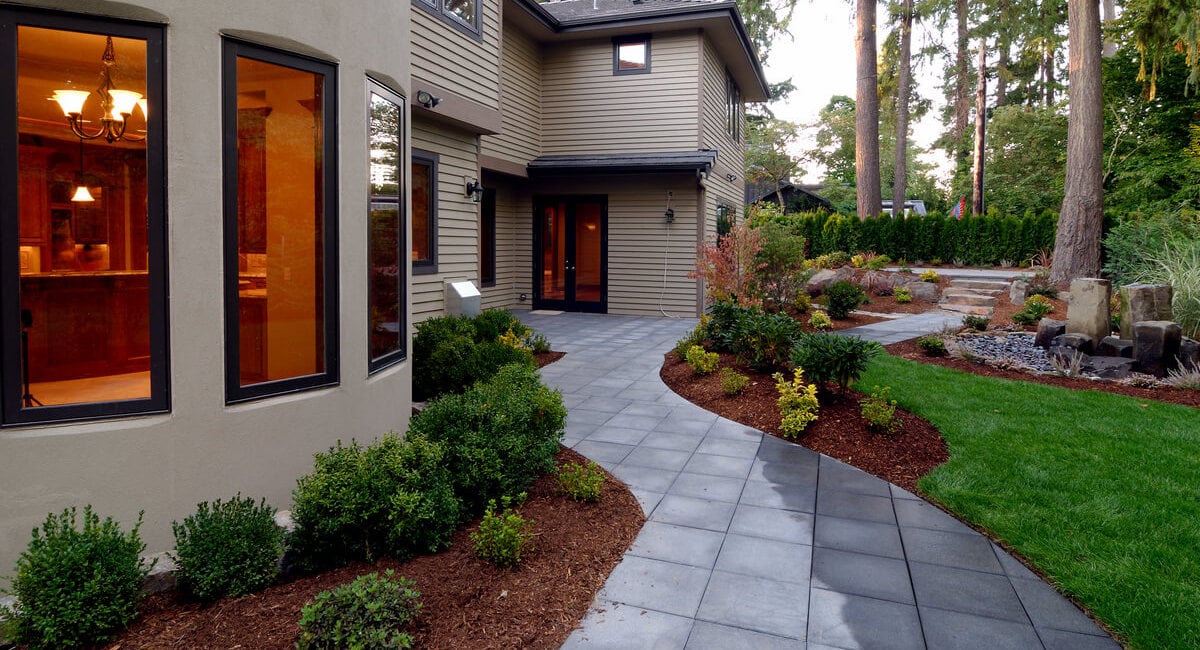
4. Curb Appeal
First impressions matter, so a home with good curb appeal will attract more buyers. Look for houses with sizable yards, big and clean windows, and well maintained siding and paint. Fortunately, there are plenty of things you can do as a homeowner to improve a property’s curb appeal. If you’re willing to put in the work, all you have to look for is potential.
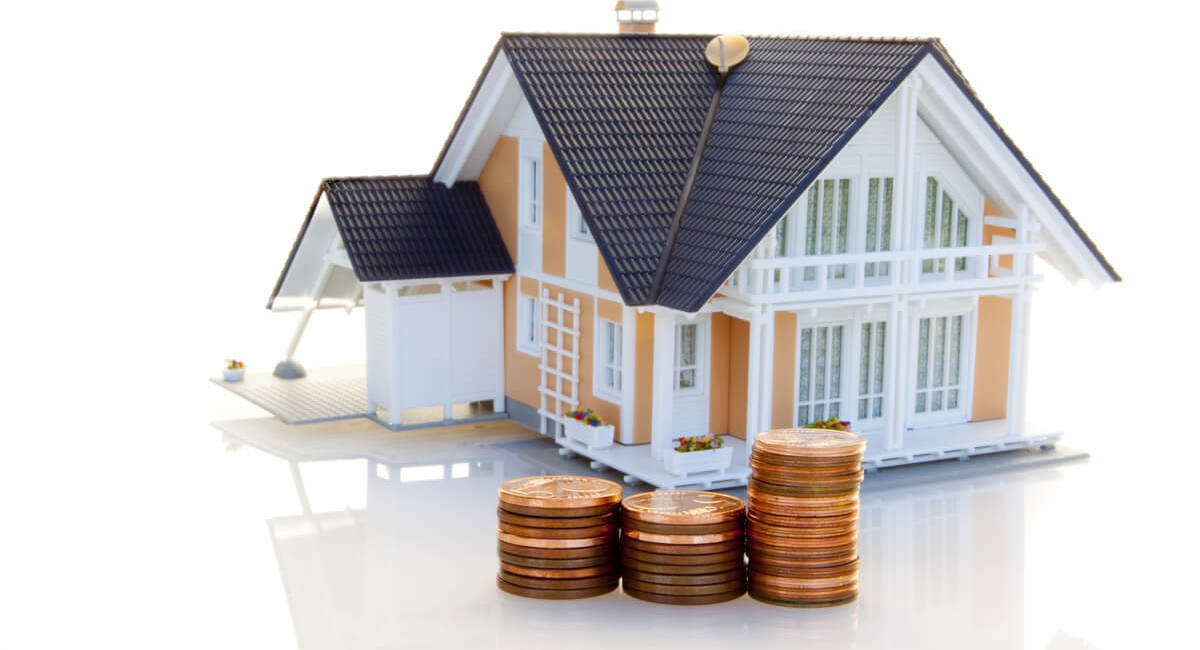
5. Age
Newer homes usually have better resale value than older homes. They’re less likely to need repairs, and most buyers look for homes that don’t need much work. However, older houses with historical charm can have strong resale value, too, as long as they’re kept in good condition.
If you’re considering buying a new construction, the timing of when you purchase the property and when you sell it is key in determining whether you’ll get a return on your investment. New constructions cost more than resale homes, and they appreciate slightly less. If you only plan to live in the home for a couple years before selling, the property may not appreciate enough for you to see much profit. However, if you live in the home for five years or longer, you should see a good return on investment.
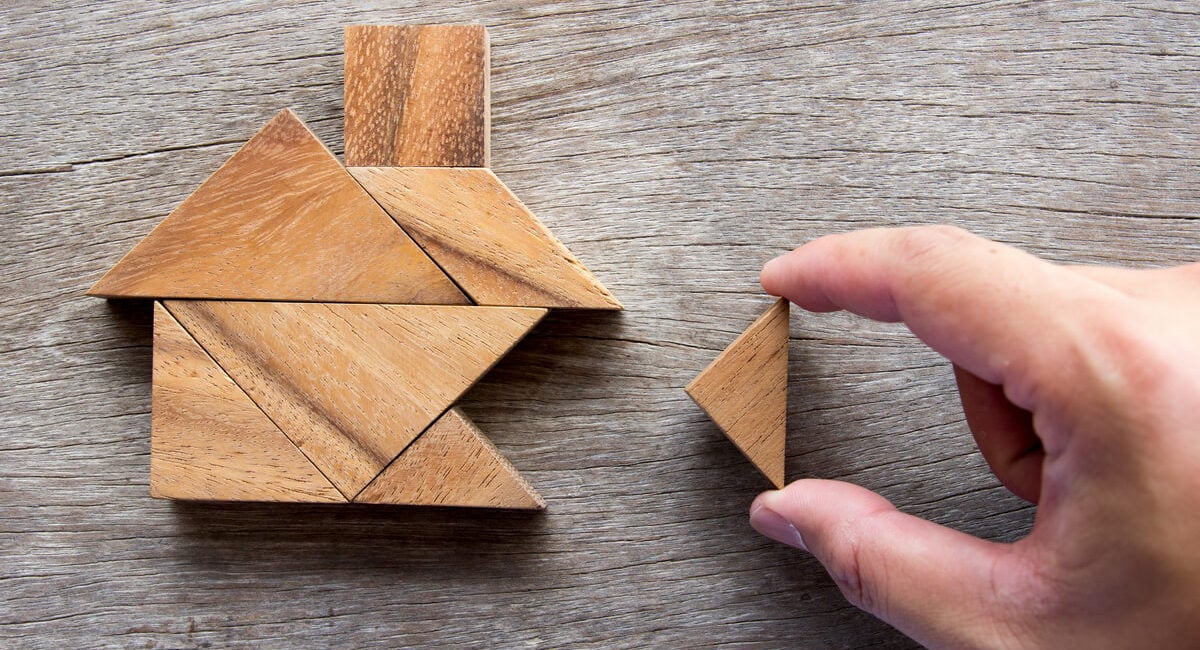
6. Current Condition
The current and future selling prices of a home may be the most obvious factors when calculating your return on investment, but they’re not the only considerations. You also need to evaluate the amount of money and work you’ll put into a home while living there.
If you purchase a home that already has lots of upgrades, such as a new roof, remodeled kitchen, or energy-efficient appliances, you don’t have to invest much money into renovations and repairs. If you have to pour tens of thousands of dollars into home improvements, though, this can offset the profit you’ll make when you sell the home.

7. HOA Presence
HOAs are not appealing to everyone. Some people exclude any neighborhood with an HOA from their home search, so HOA houses have a smaller pool of potential buyers. However, your HOA will ensure the other homes in the neighborhood stay in good shape and maintain their curb appeal. Because your location and neighborhood can have such a big impact on the resale value of your home, the HOA rules may be very helpful when it comes time to sell the property.
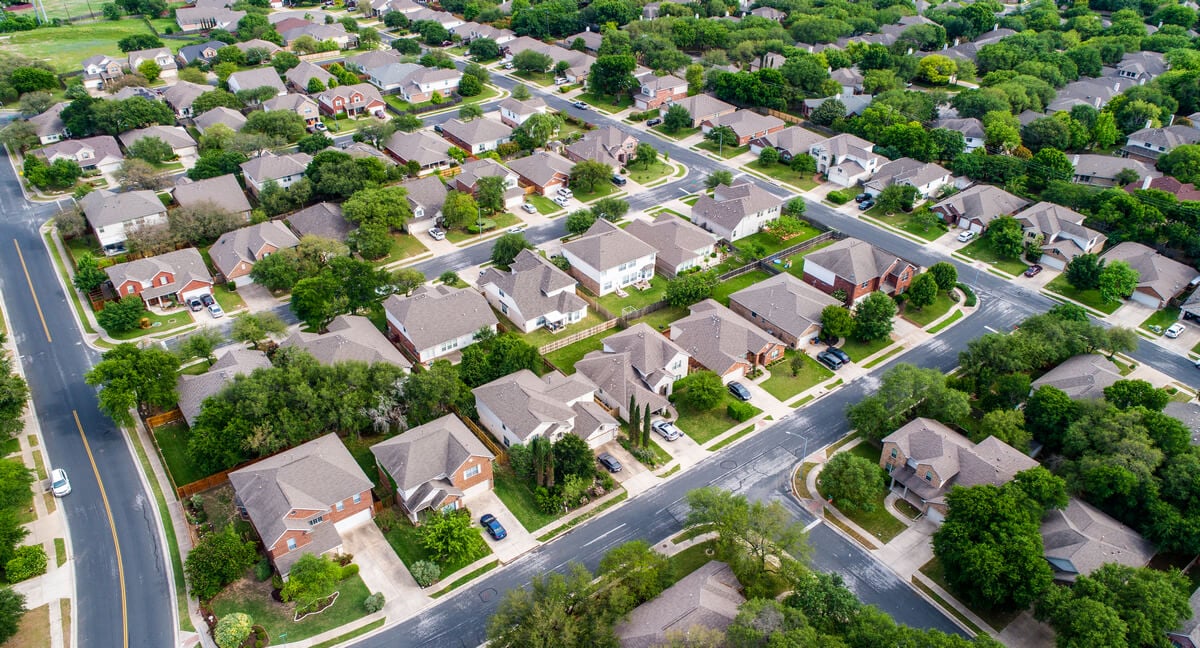
8. Local Economy
The economic conditions in your city will impact the resale value of your home significantly. It’s difficult to predict economic conditions decades from now, but if you plan to resell a home within a few years, you can look at recent economic trends to guess how the area will be performing in the near future.
A growing economy means a high demand for homes, and high demand means great resale value. Look at employment rates, average wages, and new business developments to determine whether the economy is growing or shrinking in your area.

9. Housing Supply in Area
Understanding the supply and demand in an area can help you evaluate the resale value of a property. Home prices rise when the demand exceeds the supply. Some municipalities have strict rules on new developments, so the supply will stay mostly the same while demand grows. If new constructions are popping up all over town, though, the excess supply could drive prices down.
Another important consideration is whether the other properties in the neighborhood are comparable in size and condition to your home. A house that’s significantly smaller or larger than the nearby properties may not have great resale value because most buyers want to blend in with their neighbors.
Real estate can be an excellent investment, but not all homes have equal resale value. When you’re in the market for a home, consider its location, condition, and the state of the local economy to determine whether you’ll get a return on your investment. You can also consult with a trusted real estate agent in your area for insight into the sale value of a property.

